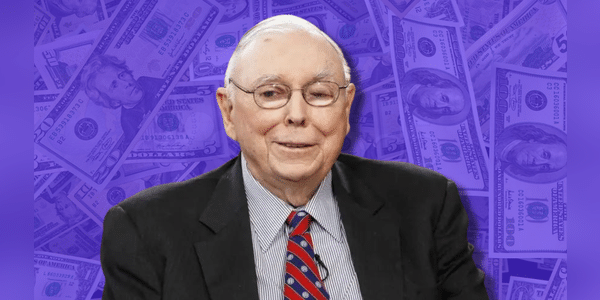Investors are all cheering the markets on the dips, and buying in bulk stocks that are on sale. But the paradox is that the people who would be expected to reap the rewards of such falls do not seem to be reaping the rewards at all.

The latest figures showed that Berkshire Hathaway is holding huge amounts of cash in its accounts. This information in itself was not entirely unusual. Every company holds cash in its accounts. What is striking, however, is that the company is holding large amounts of cash and after declines over the past year. But Buffett and Munger don't think the stock is at a discount. After all, we've seen some significant purchases by the company in the past year. But why isn't the company continuing to make more purchases? The simple answer is that Munger has admitted that there is simply nothing they can buy right now.
This statement is somewhat strange, especially at a time when the stock is still far from its highs. Anyone would expect Buffett, along with Munger, to…